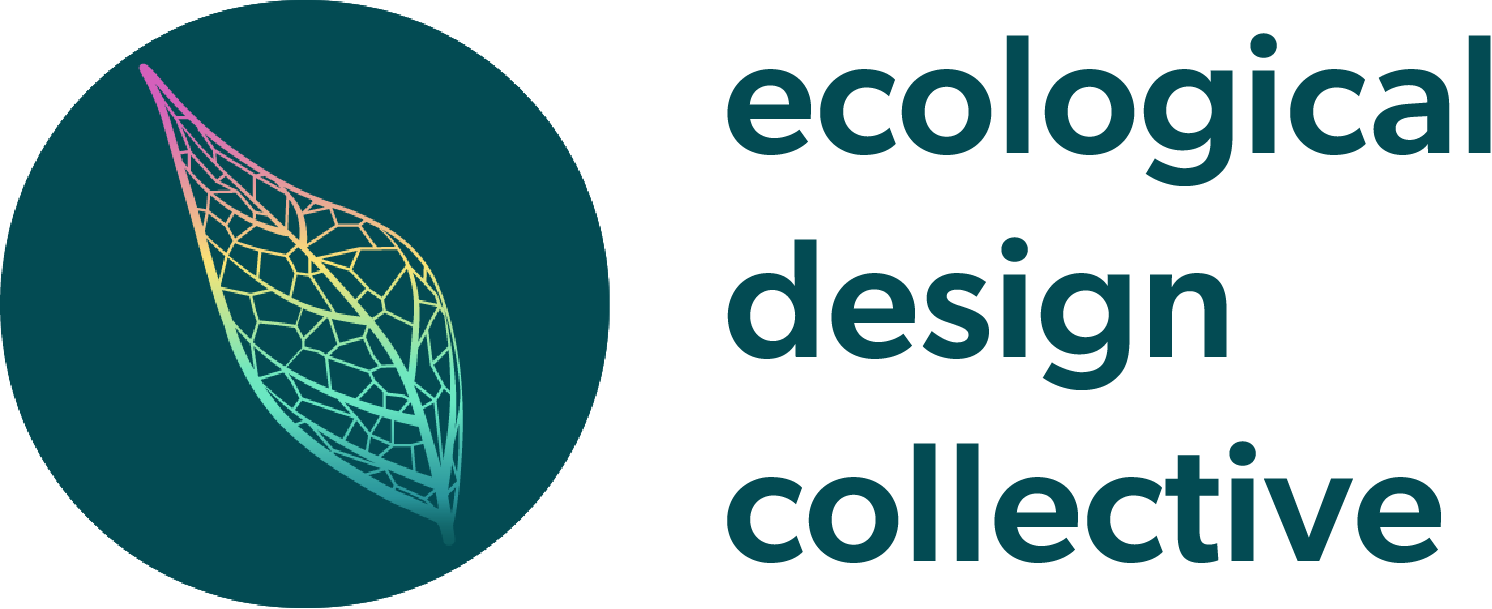-
User research in video game design
Hi all! I’m an anthropologist of political aesthetics at Bates College and I wanted to throw out a term I’ve been thinking with lately (both to share it and to test out this interface). I’m working presently on a project on user research in videogame design, and I’ve come to think of the role of user researchers as one of “conciliation”–they conciliate between human (members of development teams and potential players) and non-human (hardware and software) agents by trying to understand these agents from a range of perspectives and to make them mutually intelligible. There’s no final reconciliation of perspectives, but conciliation allows for these agents to be linked together continently and tentatively into broader systems of relations.
To give just a quick general example: It’s a truism in the games industry that players are “great at identifying design problems but terrible at identifying design solutions” because they do not have the insider knowledge (the very insider knowledge that makes player feedback necessary) to understand what a solution would look like. It’s the job of a researcher, then, to translate the player’s experience of a design problem into language that the dev team can use to find potential solutions. This process of translation happens in a number of ways: interpreting player expressions and in-game behaviors, analyzing transcribed interviews and survey feedback, studying biometric feedback.
Log in to reply.

